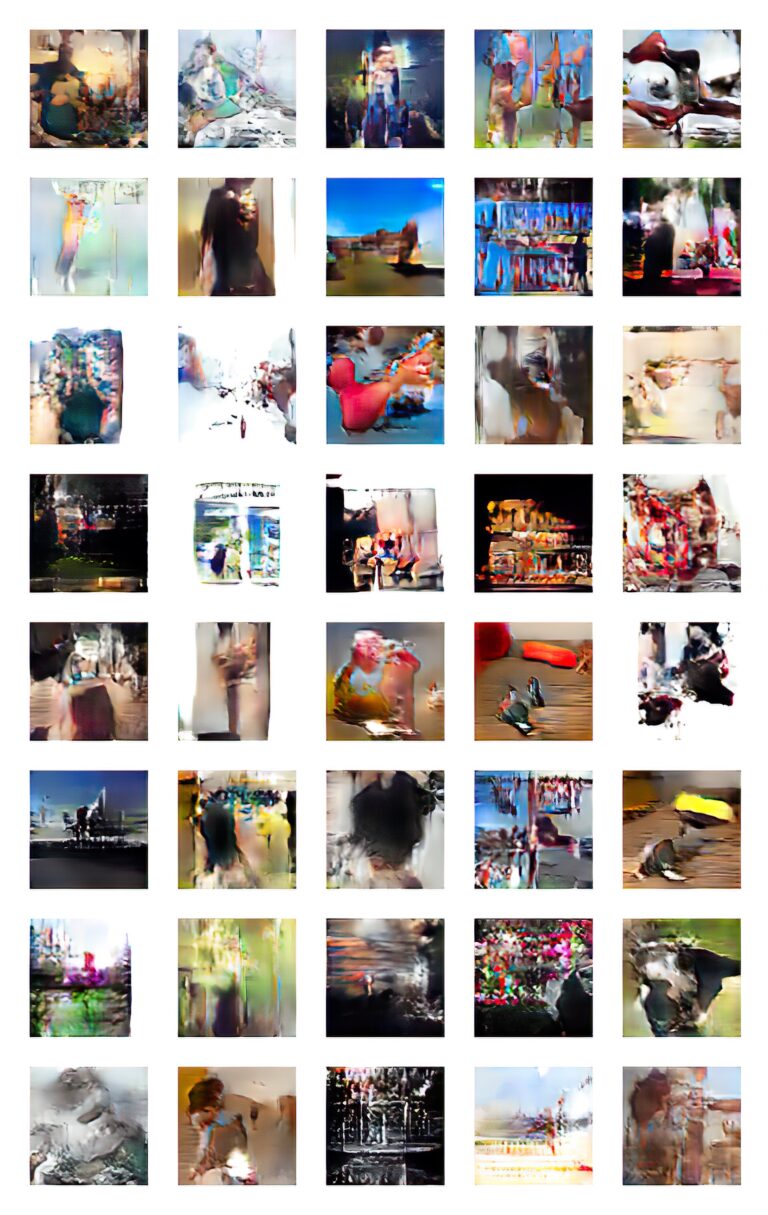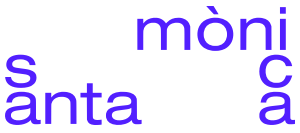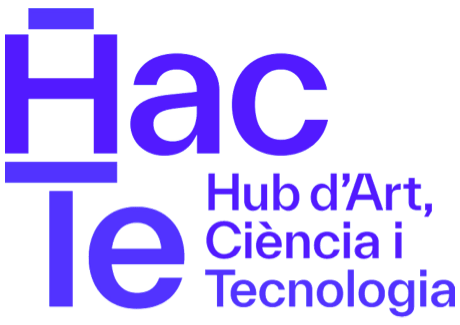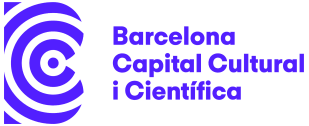'Paper'
← 'Paper'
June 14thFull papers / Forging emotions. A deep learning experiment on emotions and art

- Abstract: Affective computing is an interdisciplinary field that studies computational methods that relate to or influence emotion. These methods have been applied to interactive media artworks, but they have been focused on affect detection rather than affect generation. For affect generation, computationally creative methods need to be explored that lately have been driven with the use of Generative Adversarial Networks (GANs), a deep learning method. The experiment presented in this paper, Forging Emotions, explores the use of visual emotion datasets and the working processes of GANs for visual affect generation, i.e., to generate images that can convey or trigger specified emotions. This experiment concludes that the methodology used so far by computer science researchers to build image datasets for describing high-level concepts such as emotions is insufficient and proposes utilizing emotional networks of associations according to psychology research. Forging Emotions also concludes that to generate affect visually, merely corresponding to basic psychology findings, e.g., bright or dark colors, does not seem adequate. Therefore, research efforts should be targeted towards understanding the structure of trained GANs and compositional GANs in order to produce genuinely novel compositions that can convey or trigger emotions through the subject matter of generated images.
- Biography: Amalia Foka (b. Greece) is a creative Artificial Intelligence researcher and educator who explores the intersection of computer science and art. Her work makes use of different artificial intelligence technologies and social media data to generate and study art. Her work has been presented and published internationally including the Leonardo Journal (MIT Press); WRO Media Art Biennale; EVA London and many more. She is currently an Assistant Professor in Computer Science: Multimedia Applications for the Arts at the School of Fine Arts, University of Ioannina, Greece, where she teaches courses on creative coding, creative interactive systems, and generative AI art. She holds a BEng in Computer Systems Engineering (1998) and an MSc in Advanced Control (1999) from the University of Manchester Institute of Science & Technology (UMIST) in the United Kingdom. She also holds a Ph.D. in Robotics (2005) from the Department of Computer Science of the University of Crete.
Venue
- CCCB
Montalegre, 5 - 08001 Barcelona
⟵ Return to 'Paper'





